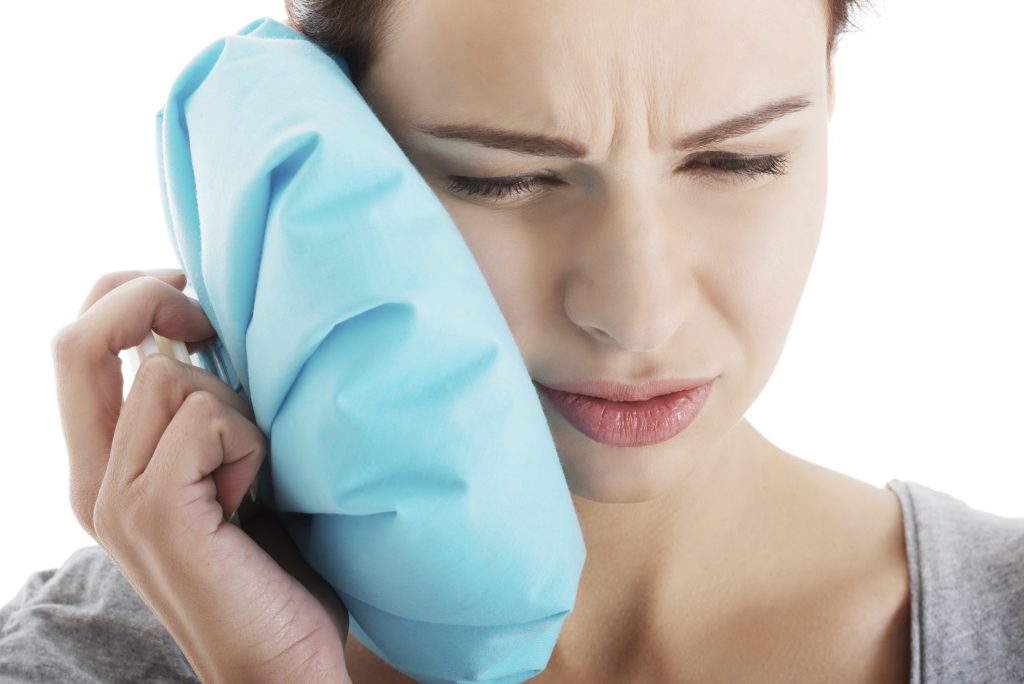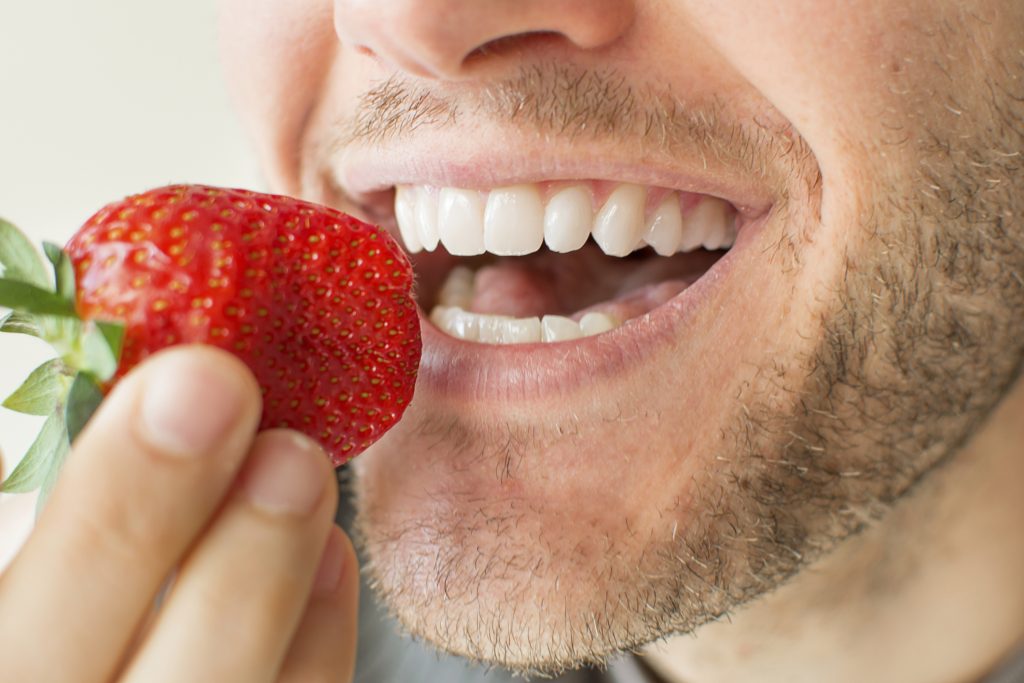
Wisdom teeth, or third molars, are a set of four teeth that appear after the initial growth of the permanent teeth. This is why they are called “wisdom” teeth colloquially; they appear in our wiser years. They are routinely removed by dentists, as they can often be the cause of oral health issues.
Why Do We Have Wisdom Teeth?
Our prehistoric ancestors had larger jaws than we do, and room to accommodate the extra set of teeth that we dub “wisdom teeth”, today. A mutation in the gene MYH16 may be responsible for having caused changes in the size of some of our ancestors’ jaws.
Why Are Wisdom Teeth Removed?
As a result of these evolutionary changes, many modern humans have smaller jaws, and the growth of the extra teeth can cause dental crowding (the other teeth are slowly pushed forward, and with nowhere to go, become crooked near the front of the mouth). They can also be hard to reach when brushing and flossing, resulting in decay and cavities.
Wisdom teeth may also cause issues with the bite, leading to jaw discomfort. In some cases, wisdom teeth do not fully grow in, but remain impacted within the gums. This causes extreme discomfort, swelling, and even bleeding.
When Can Wisdom Teeth NOT Be Removed?
Some people have space in their mouths for wisdom teeth. If there is space in the mouth, and the extra teeth grow in fully, without impaction, do not compromise the health of a patient’s bite, and can be easily reached during daily cleaning, there is no need for removal.
The decision whether or not to remove wisdom teeth is one that must be made with the help of our dentists. There are many factors to take into account, all of which our dentists are aware of, and able to discuss with our patients. We will be able to assess whether it is in your best interest to have your wisdom teeth removed.
For more information about wisdom teeth, call Dr. Sciabica in Issaquah, WA at 425-392-3900 or visit www.issaquahdentists.com.
Dr. Frank S. Sciabica proudly serves patients from Issaquah and all surrounding areas.



